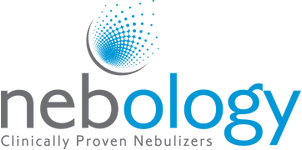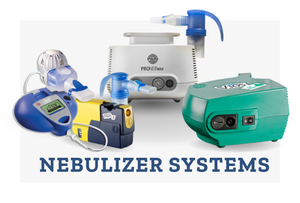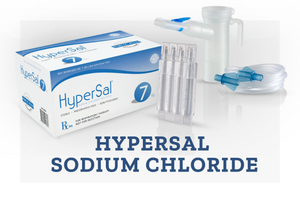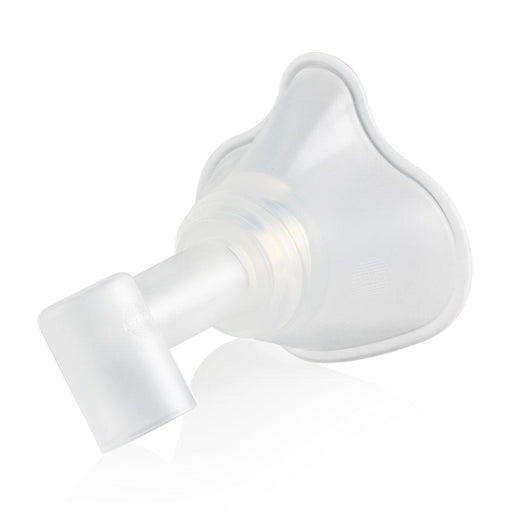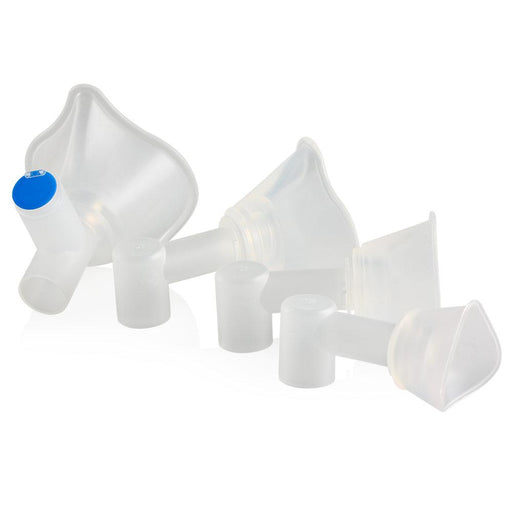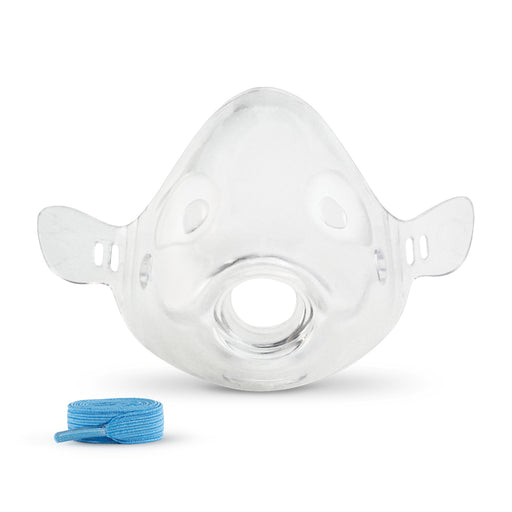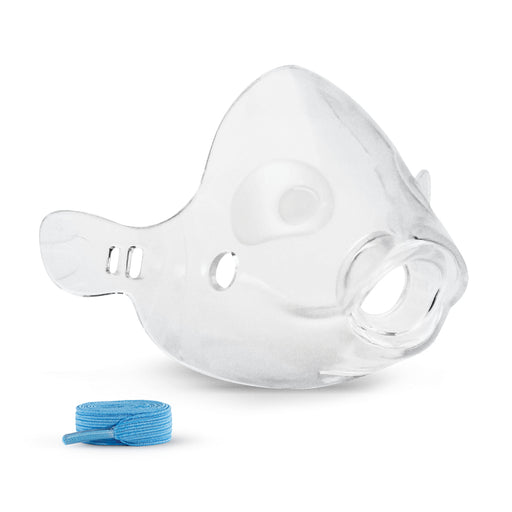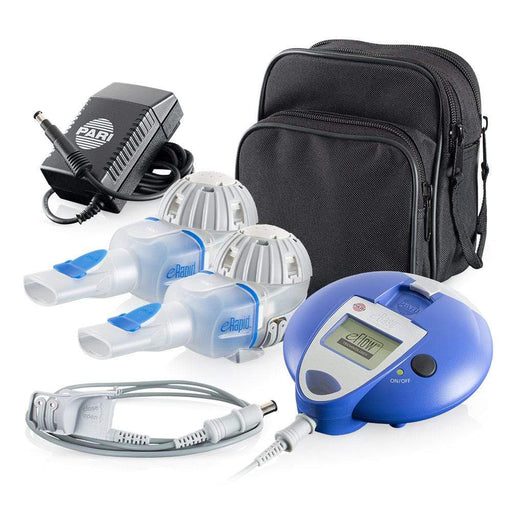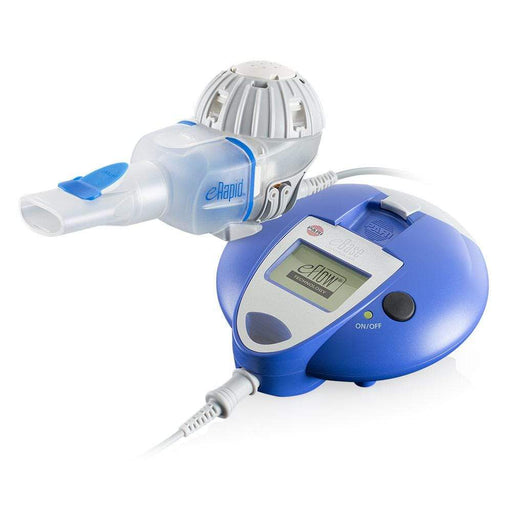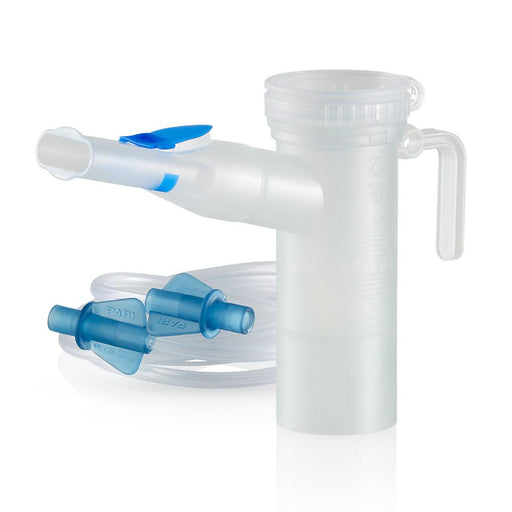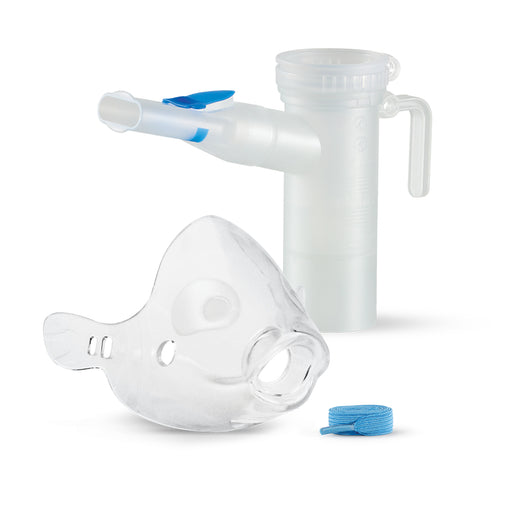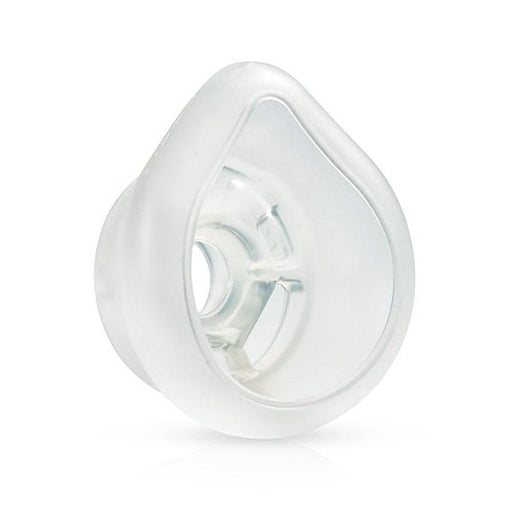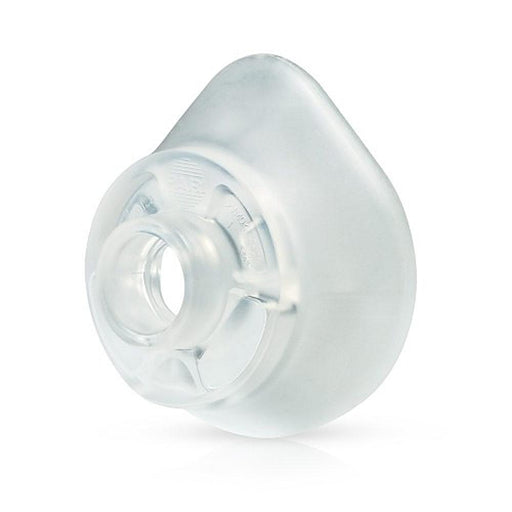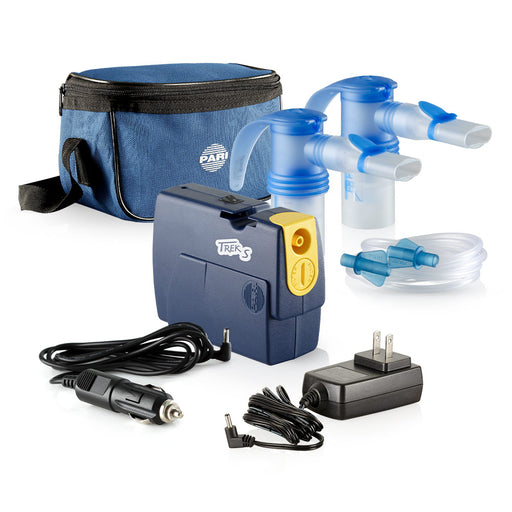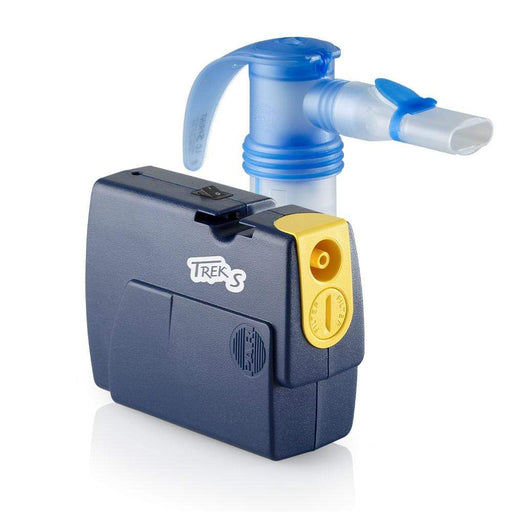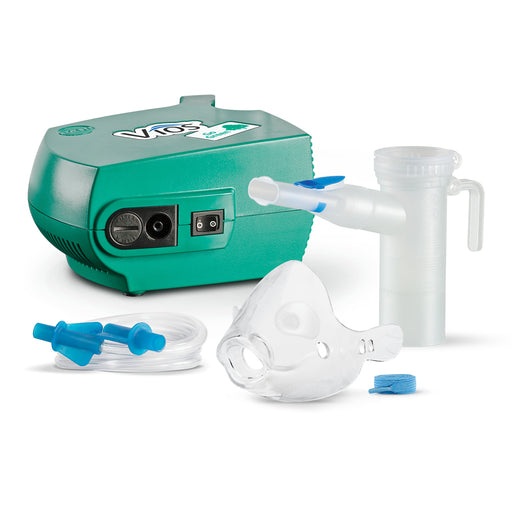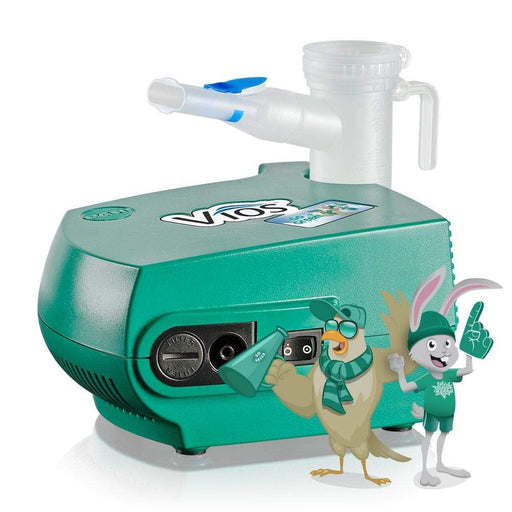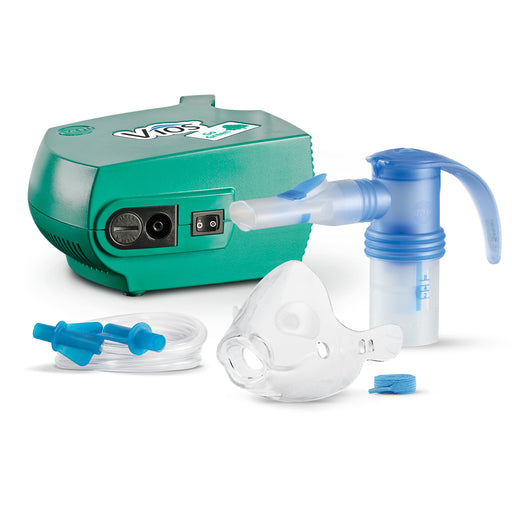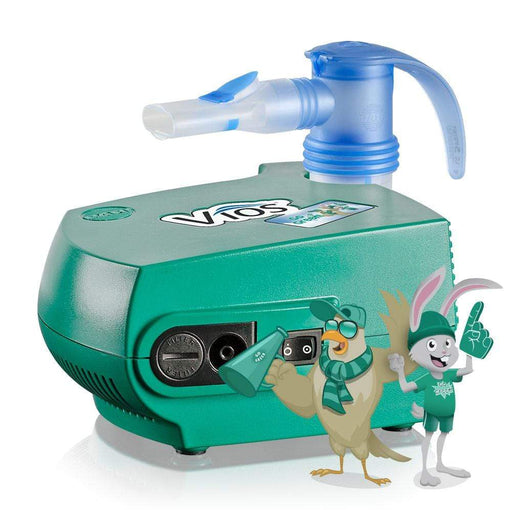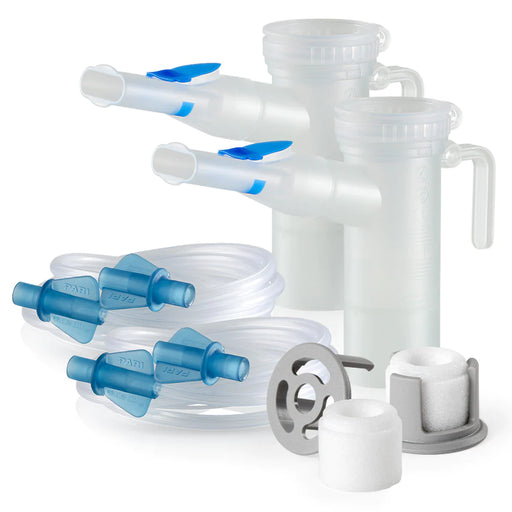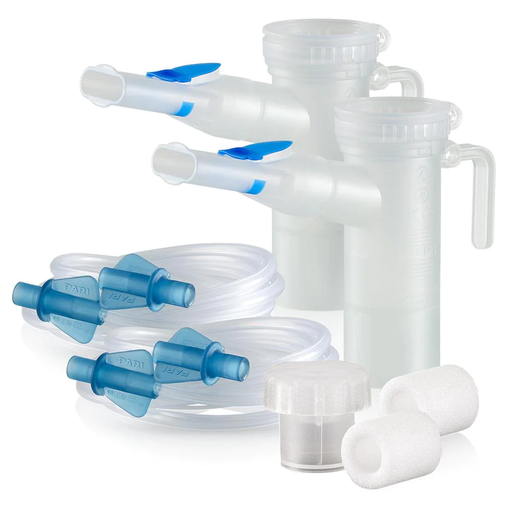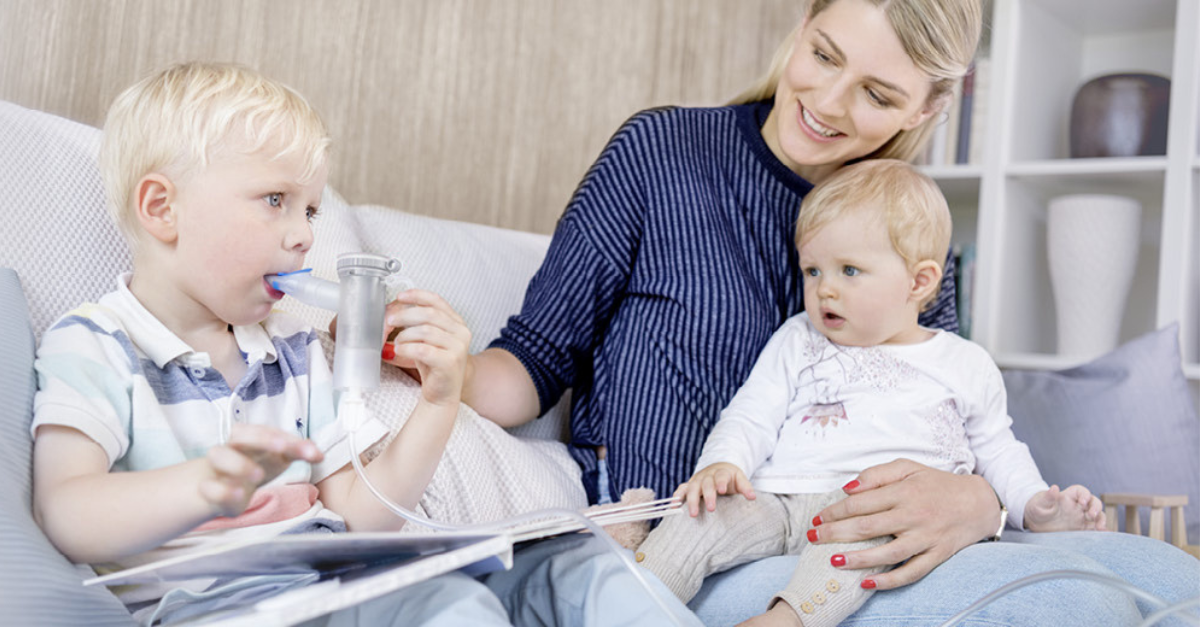
Signs Your Child May Need Nebulizer Therapy: Key Indicators to Watch
As a parent, you are responsible for your child’s health. You remind them to wash their hands, tend to every sore throat or sniffle, and know just what to do to help them feel better when they’re sick. But are you aware of the signs that your child may need a nebulizer?
Many attentive parents may overlook these warning signs because kids don’t always respond to colds, lung infections, or asthma like adults do. Fortunately, you can become aware of the signs that your child needs a nebulizer and ask your pediatrician if a nebulizer is the right choice.
Does My Child Need a Nebulizer?
Your child’s pediatrician may recommend a nebulizer machine for kids if they are experiencing any of the following signs and symptoms:
- Wheezing
- Coughing
- Shortness of breath
- Rapid breathing
- Chest pain
- Slow recovery from bronchitis or another type of lung infection
- Difficulty breathing
Wheezing is a high-pitched sound someone with a cold, chest infection, asthma, or other lung condition makes when they breathe. Inflammation and narrowing of the airways can cause wheezing.
Coughing is a common symptom of many breathing problems, from a simple cold to asthma. While common, coughing can prevent your child from playing, sleeping well, participating in athletic activities, and doing many other everyday things kids enjoy.
Shortness of breath and rapid breathing are also warning signs your child may need to see their pediatrician to determine if a nebulizer is needed to treat their respiratory symptoms.
Slow recovery from a respiratory illness and difficulty breathing are conditions that may require a nebulizer. Signs of troubled breathing in children include:
- Grunting
- Wheezing
- Flared nostrils
- Sweating
- Rapid heart rate
How Nebulizers Work
Doctors prescribe a variety of medications to help their patients breathe better. Many of these medications open up the airways, reduce inflammation, and relieve other respiratory symptoms to make breathing easier. Doctors can prescribe these medications for use with handheld inhalers or nebulizers.
Like handheld inhalers, nebulizers work by delivering medicine directly into the lungs, where it works to relieve symptoms related to respiratory conditions. Both inhalers and nebulizers convert liquid medications into vapor, which is easy to inhale.
Inhalers can be difficult to use, though. To use a handheld inhaler, your child must:
- Shake the inhaler
- Exhale deeply
- Put the inhaler in their mouth and form a tight seal with their lips
- Slowly inhale through their mouth
- Press down on the inhaler one time as they inhale deeply
Using an inhaler is difficult for many kids, especially those who may be suffering from a respiratory illness and are too sick to perform these tasks on their own. Nebulizers can make treatment time easier. Your child may benefit from using a nebulizer if it is difficult for them to properly use a handheld inhaler.
Nebulizers feature a compressor, a nebulizer, tubing, and a mouthpiece or facemask. The compressor forces air through the nebulizer which aerosolizes the liquid medicine. The medicine travels through the nebulizer to the mouthpiece or facemask. This makes nebulizers an incredibly easy way to get the most out of inhaled medications.
A nebulizer for kids works in the same way as nebulizers for adults, except that a nebulizer machine for kids is child-friendly, with smaller masks along with a durable, brightly-colored compressor. Nebulizer masks for kids are specially made to fit a child’s smaller face and create a better seal around their nose and mouth to prevent medication leakage.
Benefits of a Nebulizer for Kids
Children’s nebulizers are just right for kids. Some of their benefits include:
- A lightweight design.
- Safety features designed with kids in mind.
- Masks designed to fit the smaller facial features of a child and create a good seal.
- Child-friendly colors and designs that make treatment time fun!
Could Your Child Benefit from a Portable Nebulizer for Kids?
Your child may benefit from a portable nebulizer if they:
- Are always on the go.
- Travel frequently with you on vacations or to visit family.
- Need their nebulizer at school.
- Need a nebulizer treatment before participating in afterschool sports or other activities away from home.
A portable nebulizer for kids works like a home nebulizer to deliver aerosolized medication, but portable nebulizers are battery-operated, smaller, lighter, and more compact. Portable nebulizers make it easy for your child to do breathing treatments while on the go.
Consult with your pediatrician to determine if your child may benefit from nebulizer therapy. You can also learn more about choosing a nebulizer for kids by speaking to a nebulizer supplies professional.
SHOP KID FRIENDLY NEBULIZER SYSTEMS & SUPPLIES
-
PARI Baby Mask for LC Nebulizers: Comfortable Infant Therapy
Original price $18.00Original price $18.00 - Original price $18.00Original price $18.00Current price $17.95$17.95 - $17.95Current price $17.95In stockOriginal price $18.00Original price $18.00 - Original price $18.00Original price $18.00Current price $17.95$17.95 - $17.95Current price $17.95Sale -
PARI Bubbles Pediatric Aerosol Mask: Gentle, Fun Treatments for Kids
Original price $5.95 - Original price $5.95Original price$5.95$5.95 - $5.95Current price $5.95In stockOriginal price $5.95 - Original price $5.95Original price$5.95$5.95 - $5.95Current price $5.95 -
PARI eRapid Nebulizer System with eFlow Technology: Innovative Therapy
Original price $1,275.00Original price $1,275.00 - Original price $1,275.00Original price $1,275.00Current price $899.00$899.00 - $899.00Current price $899.00In stockOriginal price $1,275.00Original price $1,275.00 - Original price $1,275.00Original price $1,275.00Current price $899.00$899.00 - $899.00Current price $899.00Sale -
PARI LC Plus Reusable Nebulizer with Bubbles Mask & Tubing: Kid-Friendly Solutions
Original price $19.95 - Original price $19.95Original price$19.95$19.95 - $19.95Current price $19.95In stockOriginal price $19.95 - Original price $19.95Original price$19.95$19.95 - $19.95Current price $19.95 -
PARI SmartMask Kids for eFlow & eRapid Devices: Make Pediatric Treatments Easy
Original price $29.95 - Original price $29.95Original price$29.95$29.95 - $29.95Current price $29.95In stockOriginal price $29.95 - Original price $29.95Original price$29.95$29.95 - $29.95Current price $29.95 -
PARI Trek S Portable Nebulizer System with LC Sprint: High-Quality On-the-Go Therapy
Original price $79.00 - Original price $189.00Original price$79.00 - $189.00$79.00 - $189.00Current price $79.00In stockOriginal price $79.00 - Original price $189.00Original price$79.00 - $189.00$79.00 - $189.00Current price $79.00 -
PARI Vios 'Go Green!' Pediatric Nebulizer System with LC Plus & Bubbles Mask
Original price $80.00Original price $80.00 - Original price $80.00Original price $80.00Current price $61.95$61.95 - $61.95Current price $61.95In stockOriginal price $80.00Original price $80.00 - Original price $80.00Original price $80.00Current price $61.95$61.95 - $61.95Current price $61.95Sale -
PARI Vios 'Go Green!' Pediatric Nebulizer System with LC Sprint & Bubbles Mask
Original price $80.00Original price $80.00 - Original price $80.00Original price $80.00Current price $61.95$61.95 - $61.95Current price $61.95In stockOriginal price $80.00Original price $80.00 - Original price $80.00Original price $80.00Current price $61.95$61.95 - $61.95Current price $61.95Sale -
LC PLUS Replacement Kit for PRONEB Max: Keep Treatments Efficient
Original price $38.90Original price $38.90 - Original price $38.90Original price $38.90Current price $35.01$35.01 - $35.01Current price $35.01In stockOriginal price $38.90Original price $38.90 - Original price $38.90Original price $38.90Current price $35.01$35.01 - $35.01Current price $35.01Sale -
LC PLUS Replacement Kit for PRONEB Ultra: Dependable Treatment Upgrades
Original price $38.35Original price $38.35 - Original price $38.35Original price $38.35Current price $34.51$34.51 - $34.51Current price $34.51In stockOriginal price $38.35Original price $38.35 - Original price $38.35Original price $38.35Current price $34.51$34.51 - $34.51Current price $34.51Sale
